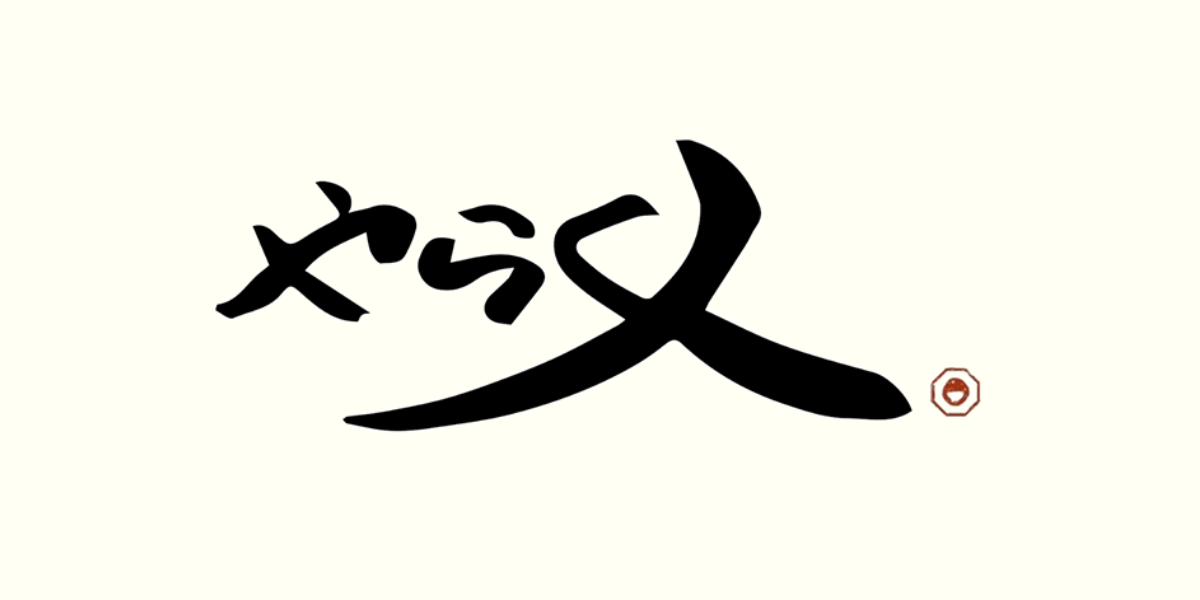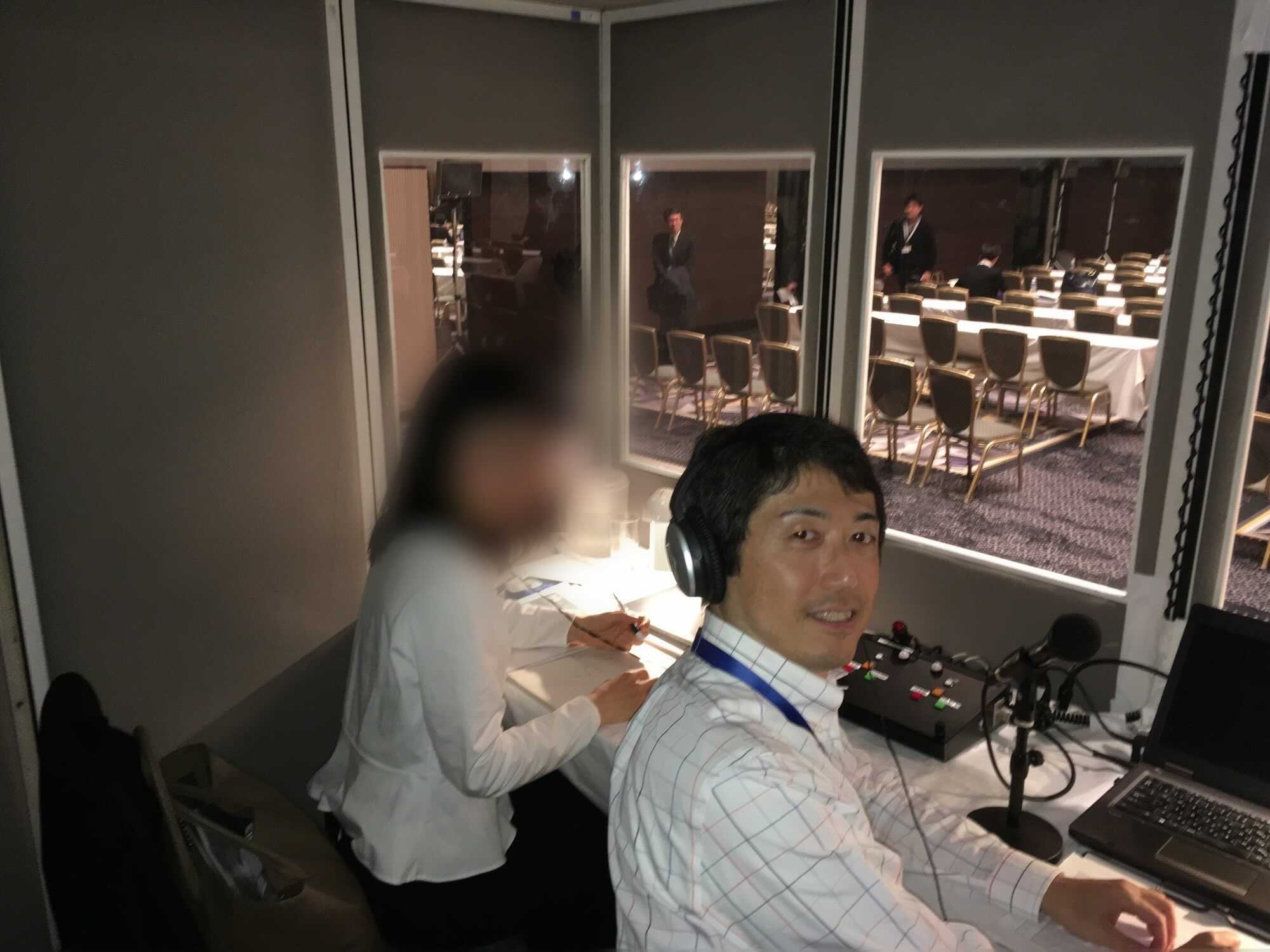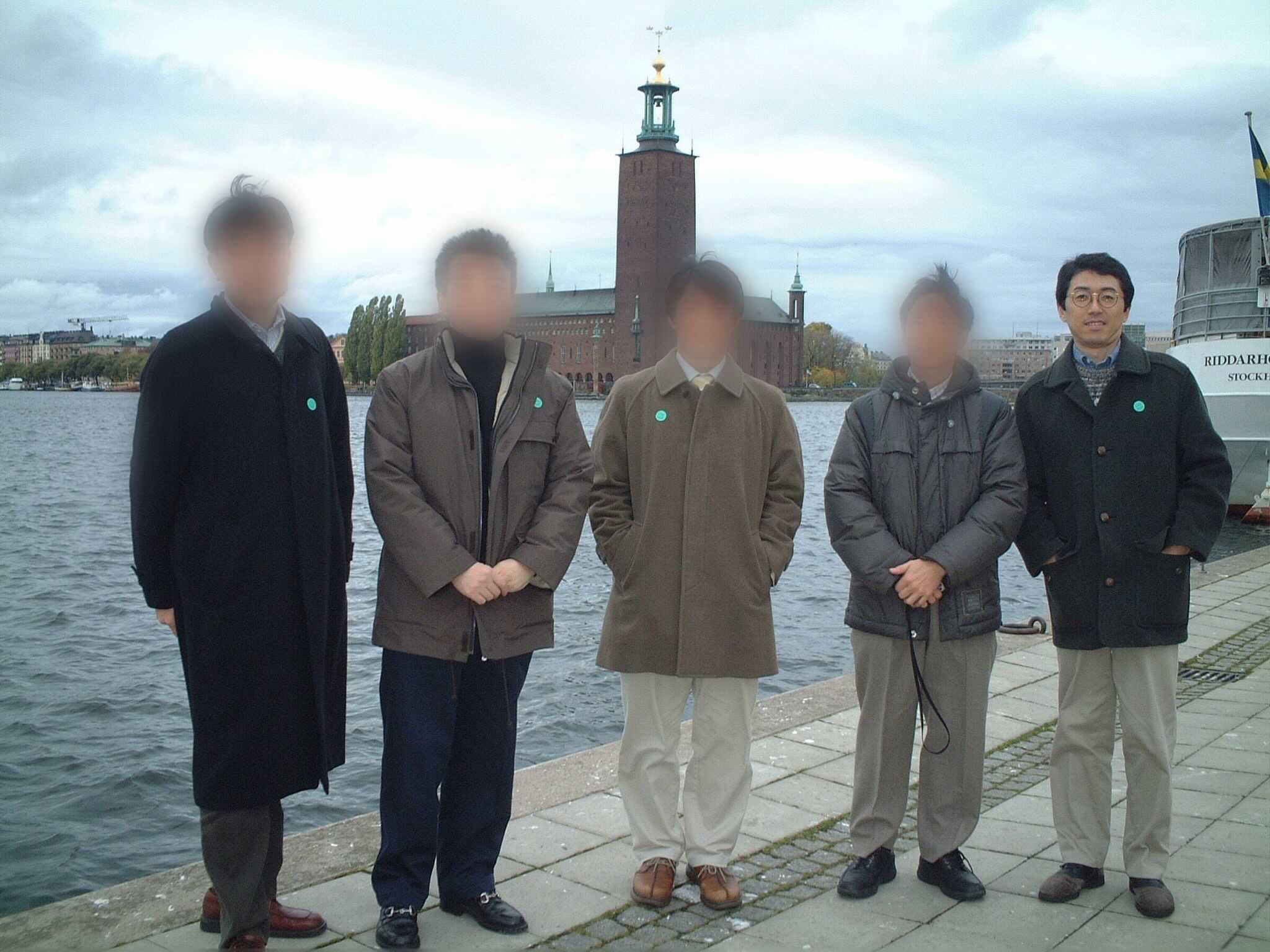
28 Sep 【Yaraku-Jin】His love for English led to become a professional interpreter. The path forwards a language professional with YarakuZen – What is interpreting and translation work in a global company with 290,000 employees? –
The 3rd volume of “Yaraku-Jin”, a series that focuses on the people surrounding Yaraku and YarakuZen, will interview Hirofumi Tsuchida, from Capgemini Corporation, a major foreign-affiliated consulting firm that has introduced YarakuZen across the board.
Yaraku-Jin <Vol. 3>
Mr. Hirofumi Tsuchida, Interpreter and Translator (English and Japanese), Capgemini Corporation

A “lucky bag” that I got when I was in junior high school led to a career as an interpreter
Q: Please tell us about yourself, Mr. Tsuchida.
I am from Nagaoka City, Niigata Prefecture. When I started learning English in junior high school, I didn’t really enjoy it, but one event piqued my interest.
It happened on New Year’s Day in the winter of my first year of junior high. My family had an event where we went to buy lucky bags on January 2nd and share the items among family members. We got a small radio in the bag that year. I asked for it and immediately started listening to that small radio.
From then on, all I did was listen to the radio while pretending to study in my room. I listened to DJ Katsuya Kobayashi’s program and woke up to Western music. I would go into record stores around the city looking for artists I had heard, and I would spend all day there. In this way, I became familiar with English, gradually learned to love it and, before I realized, became good at it.
Later, I majored in English literature and English Studies at university, and studied abroad in the United States and the United Kingdom during my university years. My first study abroad experience was in Oregon, USA. It was a wonderful place, and I became even more passionate about English.
Career as an interpreter and translator
– Experience in companies in Sweden, Finland and France –
Q. You have been working as an interpreter and translator for many years. How did you start your career in the first place?
I made my debut as an in-house interpreter in 1995 at a company called Ericsson, a major Swedish vendor. At that time, mobile phones were beginning to gain popularity in Japan and business was growing rapidly. There was a movement of hiring people with English skills and training them within the company to develop interpreters who were familiar with mobile phones. I was able to take advantage of that movement.
I experienced a lot of things in addition to interpreting, like visiting many places including Sweden and meeting many people thanks to work. I’m very grateful for that.
I then worked for Alcatel-Lucent in France and Nokia in Finland before joining the French consulting firm Capgemini in 2019.


Company-wide introduction of YarakuZen
– To enable large volumes of English documents to be translated securely, by anyone, at any time –
Q. Please tell us about Capgemini Corporation.
Capgemini is an IT and business consulting firm based in France. The company operates in 50 countries and has approximately 290,000 employees worldwide. We serve the financial and manufacturing industries, as well as consumer, telecom, utilities, and many others.
Capgemini Japan (on-site) has about 550 employees, with about 40% of employees coming from foreign countries. By nationality, about 60% are from India and around 20% are Chinese from Taiwan and Hong Kong. There are also one or two employees from various other countries, including Korea, the UK, Germany, and France.
I work as an interpreter, and lately I have more and more chances to work remotely. In addition to simultaneous and consecutive interpretation for presentations and meetings, I often collaborate with other teams.
Q.Capgemini Japan has introduced YarakuZen to the entire company!
Please tell us about the background of the introduction.
When I joined the company, YarakuZen had already been introduced. Because the number of licenses was limited, we were fighting over them.
Our global workforce of 290,000 employees produces an enormous amount of English documents every day, which need to be translated into Japanese. Sometimes you get a huge amount of documents all at once. The translator alone is not enough, because we humans can only handle two or three sheets per hour. Then this thought came up; “Wouldn’t it be more efficient to assign YarakuZen accounts to all employees?” This led to a company-wide introduction.
Q.How do you utilize YarakuZen?
There are two main ways that we use it. One is when we present proposals to customers, and the other is when back-office and internal departments use it within the company.
When we propose something to customers, a large amount of documents are needed, including proposals, designs, and project structures etc. A translator working solo cannot meet the short bidding period. So we translate them on YarakuZen all at once, and translators and other involved people proofread and edit the Japanese.
In the back office as well, we have various documents such as internal rules and regulations that need to be disseminated, and those related to compliance, ESG and ethical behavior. Most of the documents are created at the global headquarters, so we translate them into Japanese and distribute them to employees.
Q. I understand that the security requirements were quite strict for company-wide implementation. How did you get over it?
On the contrary, because of security it was better to introduce YarakuZen. There are free translation tools available, but if something security-related goes wrong, the company would be responsible. In YarakuZen, everything is stored in the cloud and security measures are taken. I thought it was the right thing for the company to provide paid translation tools to the employees.
There is also another aspect of maintaining internal security. At first, we had only a small number of licenses in the company, so the people with licences would get requests for translations that had nothing to do with them. And they translated the documents using YarakuZen. That means they received information that they didn’t originally need to know. It would have been much more secure to create an environment where each employee was given a YarakuZen account to compartmentalize information.
As an interpreter/translator, what he values in global communication
– Diversity, Tolerance, Respect –
Q. As an interpreter and translator, what do you keep in mind?
As an interpreter, I try to communicate as colorlessly and accurately as possible. However, Japanese people are sometimes ambiguous in their expressions, possibly forcing the listener/receiver of the message to read the context. This cultural trait might not fit well in other languages, so when I translate from Japanese into English, I try to interpret with a certain amount of strength. From a Japanese point of view, you might feel that you don’t say things that strongly, but sometimes I skirt the edge with the smallest margin allowed in interpretation.
Q.What do you think is important in global communication?
It’s not necessarily true that simply being able to speak English makes you a global communicator; but I believe that in the end it’s all about personality. It can be said as “Be a man” in English, which is the school motto of the university I attended. People all over the world are similar in some ways, but are also different in many others. I think we need a spirit of mutual acknowledgement and respect for differences.
Nowadays, diversity is said to be very important, isn’t it? It is important to first accept that there are differences between people, and to remember to be respectful of others while keeping tolerance firmly in mind. I think that diversity, tolerance, and respect, are the 3 keys in communication.
